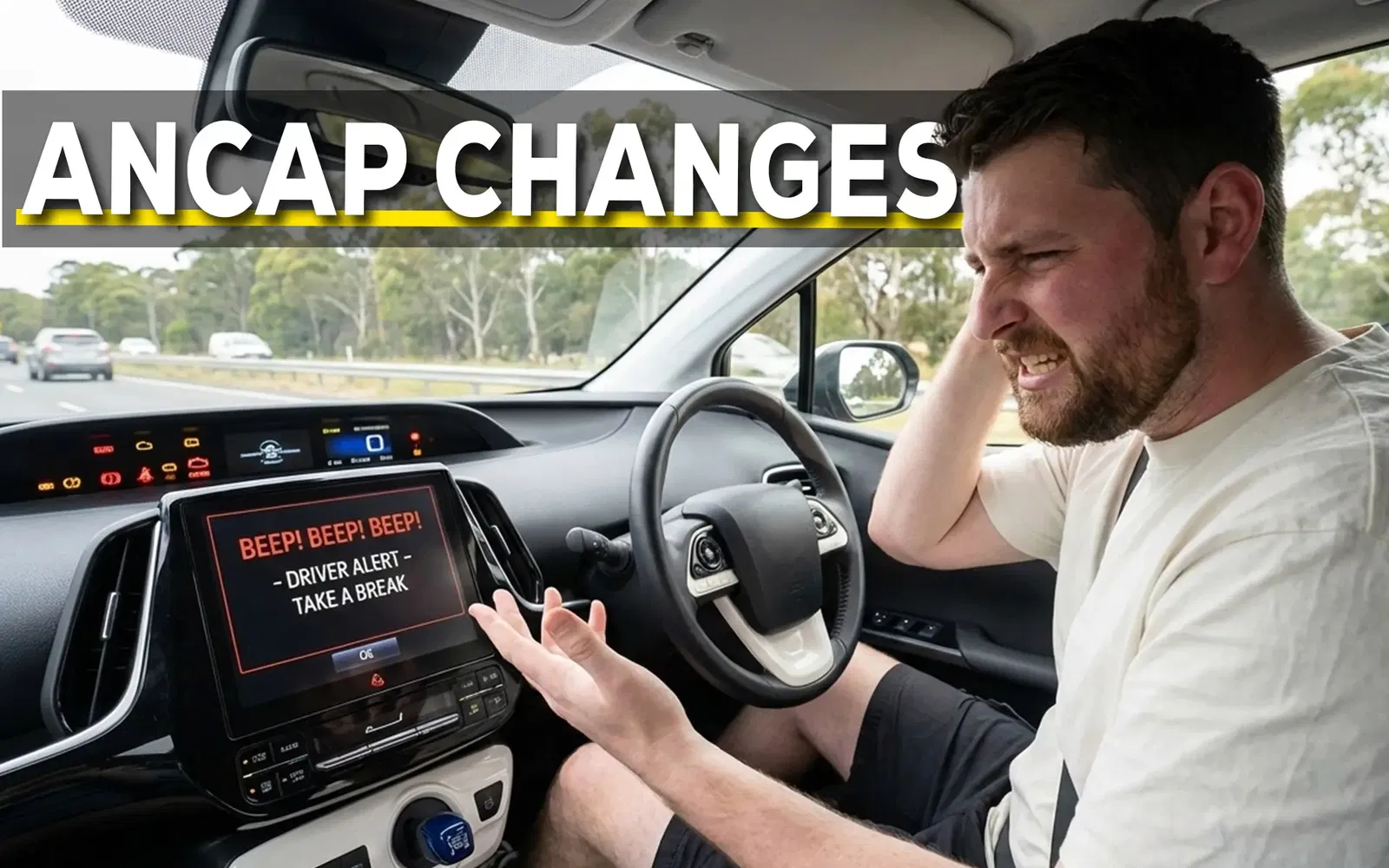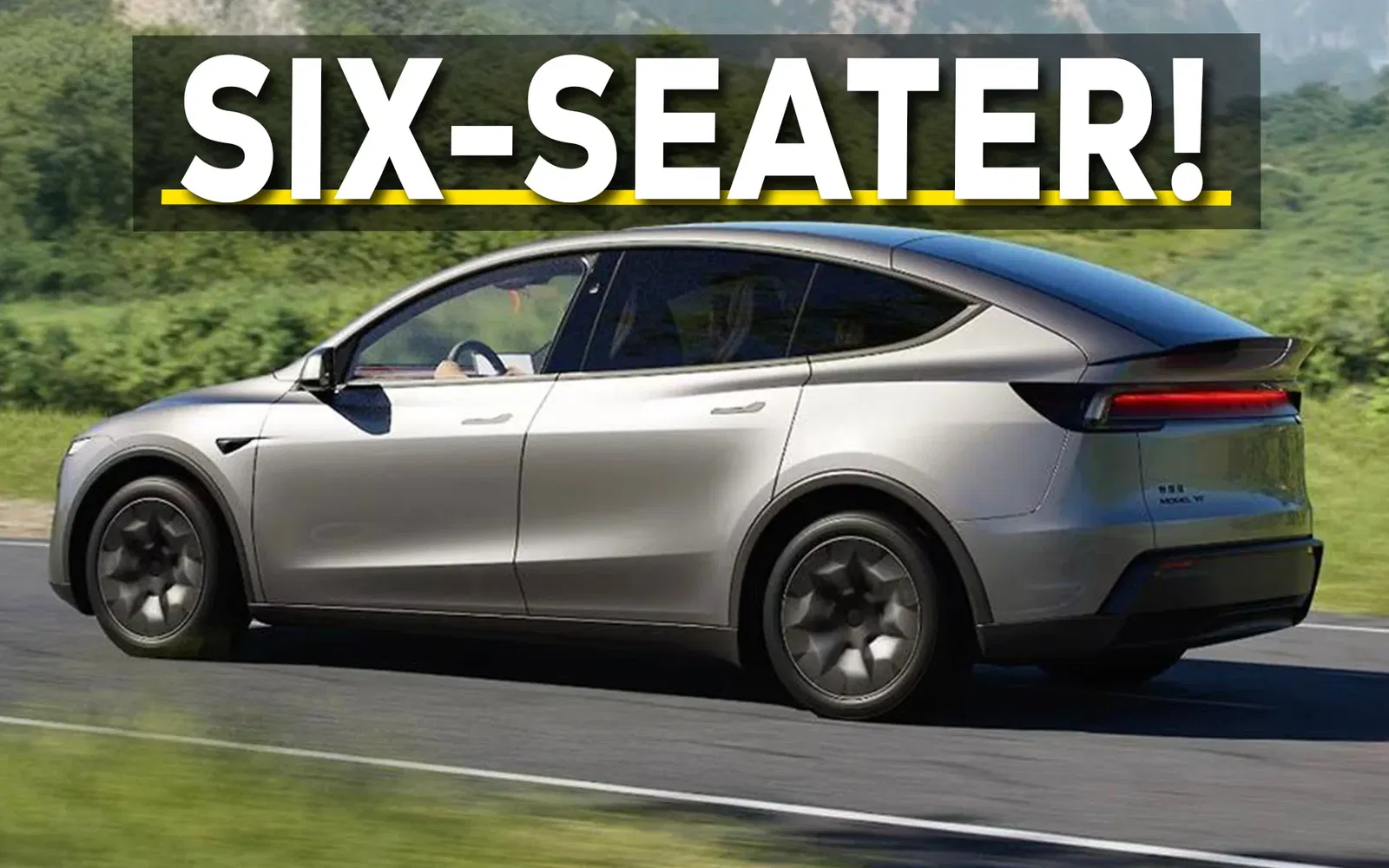Following dialogue with the automotive sector, the Australian Government has revised its upcoming New Vehicle Efficiency Standard (NVES), initially proposed to impose stricter emissions controls on new vehicles.
The adjustments come as a result of industry feedback, highlighting concerns over the economic impacts and practicality of the original regulations, particularly on heavy-duty vehicles such as four-wheel drives and utes.
The NVES's primary aim of reducing CO2 emissions from new vehicle fleets remains unchanged, with financial repercussions for manufacturers that do not meet the specified targets.

However, the revised standards now offer concessions for specific vehicle categories, acknowledging the distinct characteristics and requirements of heavy-duty vehicles.
This includes reclassifying certain models to align with the emissions standards applied to utes and vans, recognizing their necessity for greater towing capacity and off-road performance.
Vehicles that were previously at risk of exceeding passenger car emissions limits, thereby incurring fines under the original NVES proposal, are now evaluated under the adjusted criteria for utes and vans.

These changes are intended to provide a more tailored approach to emissions regulation, reflecting the diverse functionalities and specifications across vehicle types.
Despite these adjustments, the NVES continues to steer towards reducing overall CO2 emissions, with a schedule for decreasing baseline CO2 limits annually until 2029.
The system encourages manufacturers to balance their fleets by incorporating zero or low-emission vehicles or by engaging in emissions credit trading to meet compliance targets.

The revisions have received acknowledgment from industry leaders, including Toyota Australia's President and CEO, who noted the government's willingness to engage with the industry and adapt the policy.
The Electric Vehicle Council has also supported the updated NVES, highlighting the benefits for Australian consumers in terms of access to a wider range of electric vehicles, potential savings on fuel, and improvements in air quality.
Set to be implemented on January 1, 2025, with the credits and penalties system starting on July 1, 2025, the NVES marks a key policy move towards reducing vehicle emissions in Australia.
It underscores the government's efforts to balance environmental objectives with the operational and economic challenges faced by the automotive industry.
FAQ
Sign up to our newsletter
Be the first to know when we drop new car reviews.
.avif)










